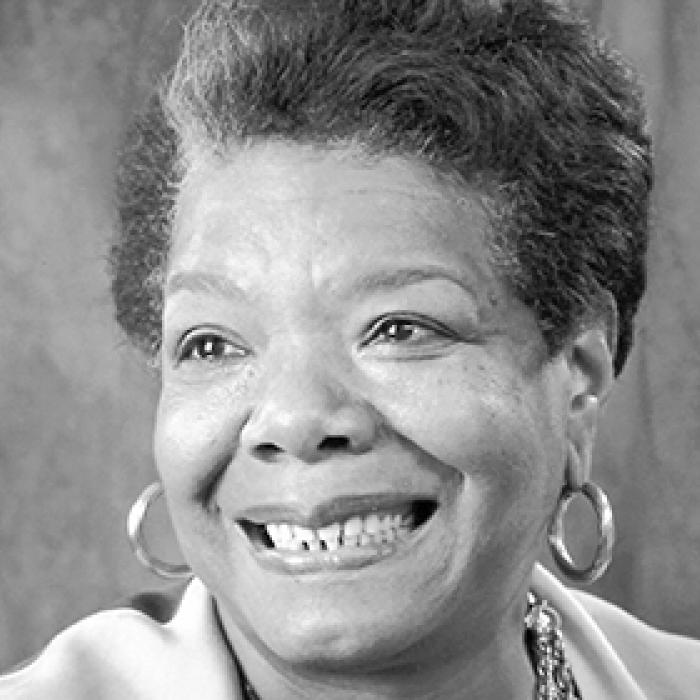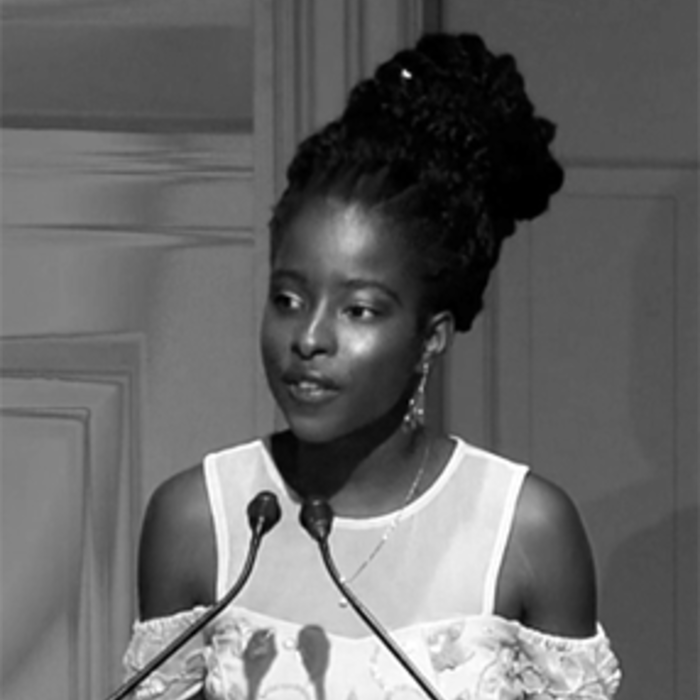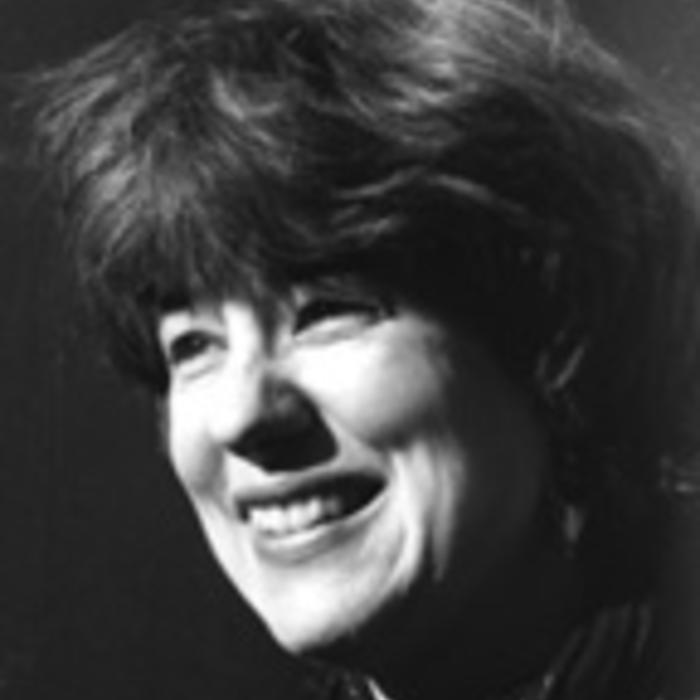Nikky Finney
Nikky Finney was born by the sea in 1957 in Conway, South Carolina. The only daughter of an elementary school teacher and a civil rights attorney, Finney was raised in Sumter, South Carolina, where she attended Catholic and public schools.
Finney’s love for words was anchored in her youth by the sound of the Atlantic Ocean and her maternal grandmother, Beulah Lenorah Butler Davenport, a woman deeply connected to the natural world and hard work. An introspective childhood was further nurtured by her devotion to the keeping of journal books, wandering across her grandparent’s land, and the assiduous learning of poetry by heart. She discovered the work of Gwendolyn Brooks, Sonia Sanchez, Alice Walker, Naomi Long Madgett, and Carolyn Rodgers while reading her family’s wealth of monthly black publications: JET, Black World, Ebony, and Crisis magazine. Finney received her BA from Talladega College in Talladega, Alabama, in 1979 and was admitted into the historically significant African American studies program at Atlanta University. Finney completed her graduate course work but abruptly left Atlanta University in 1981 without her MA degree, after being told she would not be able to substitute a creative poetic thesis for the traditional scholarly one.
This risky personal decision to forego the academic training that would take time, attention, and writing away from her own original poetic work and in the direction of others would prove mighty and consequential. Finney remained in Atlanta and was a member of the Pamoja Writers Collective from 1981–83. The monthly workshop was held in the home of the American short story and fiction writer Toni Cade Bambara and was a gathering place for the building of Black writing. This two-year, wholly community-based writing experience was Finney’s only organized creative writing workshop as a young writer. Its influence was monumental. The Pamoja Writers Collective, in Finney’s words, “was where she learned to close-read, make a plan for my work, and pay attention to the rich voices of people who were never considered writers by the world at large.”
Finney is the author of the poetry collections Love Child’s Hotbed of Occasional Poetry: Poems and Artifacts (Northwestern University Press, 2020); Head Off & Split (Northwestern University Press, 2011), winner of the 2011 National Book Award; The World Is Round (InnerLight Publishing, 2003), winner of the Independent Book Publishers Benjamin Franklin Award for Poetry; Rice (Sister Vision, 1995), winner of the PEN Open Book Award; and On Wings Made of Gauze (W. Morrow, 1985).
Finney is also the recipient of the Aiken-Taylor Award from the Sewanee Review and the University of the South, as well as the Benjamin Franklin Award for Poetry. In 2020, she received the Wallace Stevens Award, given annually by the Academy of American Poets to recognize outstanding and proven mastery in the art of poetry.
In his citation for the award, Kwame Dawes said,
The Western tradition of the past two hundred years has entailed the gradual dismantling of the notion of artist as priest, as voice that finds context among the hearers. The poet has been allowed to cloister his/her little self in closets and dusty drawers [...] therein to write secret tales about the self only to die with them in boxes. What a poet like Nikky Finney does is to reinstate the concept of the poet as a griot, as priest, not void of subjectivity and a private self but able to contain the voices of the community, virtually empowered with the gift to develop a soul for the people.
After teaching undergraduates at the University of Kentucky, Lexington, for twenty-three years, Finney accepted a position at the University of South Carolina, where she is the John H. Bennett, Jr. Chair in Creative Writing and Southern Letters, with appointments in both the department of English language and literature and the African American studies program. In this capacity, Finney teaches undergraduates and mentors poets in the MFA program. In 2020, she was elected to the American Academy of Arts and Sciences. In 2021, Finney was elected a Chancellor of the Academy of American Poets.






